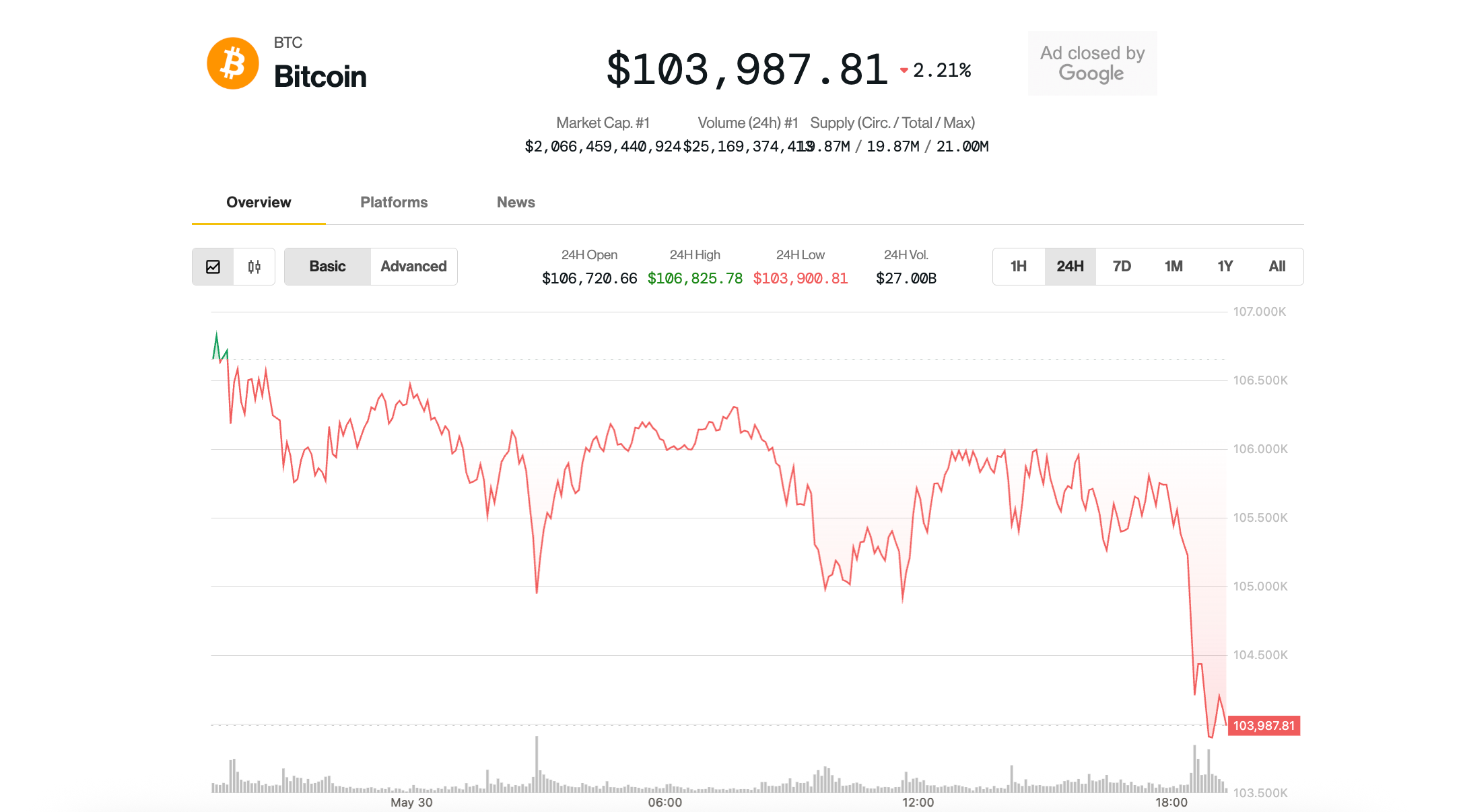

In Brief
AstraZeneca signed a $247 million agreement with AI biologics firm Absci to develop cancer antibody treatment through generative AI.

Multinational pharma and biotechnology company AstraZeneca has entered into a $247 million agreement with artificial intelligence (AI) biologics drug discovery firm Absci. The collaborative effort is focused on creating an antibody for cancer treatment.
The partnership seeks to develop a generative AI model with zero-shot capabilities to produce innovative antibody therapeutics. Through the utilization of Absci’s AI technology for extensive protein analysis, the collaboration aims to identify a viable oncology therapy.
Absci generates exclusive data by assessing millions of protein interactions, using this information to train its generative AI model. The ultimate goal is to design and validate effective antibodies — proteins that target foreign substances within the body.
“AI is enabling us to not only improve the success and speed of our biologics discovery process but also enhance the diversity of the biologics we discover,” said Puja Sapra, Vice President of Tumour Targeted Delivery in Oncology R&D at AstraZeneca.
Established in 2011, Absci applies generative AI to optimize drug candidates based on factors such as target affinity, safety, manufacturability and other characteristics.
Accelerating Drug Development and Clinical Trials with AI
Generative AI has emerged as a transformative force in the field of biologics discovery, revolutionizing the way researchers explore and develop novel therapeutic molecules.
The integration of generative AI into biologics discovery processes has significantly accelerated and enhanced the efficiency of drug development.
Most use cases of generative AI have been in the creation of new drug molecules, but there is also the potential for the technology in target identification and drug repurposing. Companies spanning various industries, including Insilico Medicine, Exscientia, Iktos and Adaptyv Bio have swiftly embraced generative AI. They actively leverage this technology to gain a competitive advantage and enhance their products within the realm of drug discovery.
For instance, Insilico Medicine utilises generative AI at every stage of the preclinical drug discovery process: to identify a molecule that a drug compound could target, generate novel drug candidates, gauge how well these candidates would bind with the target and even predict the outcome of clinical trials.
AstraZeneca recently revealed the formation of a new health-technology division aimed at integrating digital solutions and AI into clinical trials, Evinova, to accelerate the trial processes. This development — along with the new partnership underscores the company’s ongoing dedication to leveraging and exploring the possibilities of generative AI within the field.
Disclaimer
In line with the Trust Project guidelines, please note that the information provided on this page is not intended to be and should not be interpreted as legal, tax, investment, financial, or any other form of advice. It is important to only invest what you can afford to lose and to seek independent financial advice if you have any doubts. For further information, we suggest referring to the terms and conditions as well as the help and support pages provided by the issuer or advertiser. MetaversePost is committed to accurate, unbiased reporting, but market conditions are subject to change without notice.
About The Author
Alisa is a reporter for the Metaverse Post. She focuses on investments, AI, metaverse, and everything related to Web3. Alisa has a degree in Business of Art and expertise in Art & Tech. She has developed her passion for journalism through writing for VCs, notable crypto projects, and engagement with scientific writing.

Alisa Davidson

Alisa is a reporter for the Metaverse Post. She focuses on investments, AI, metaverse, and everything related to Web3. Alisa has a degree in Business of Art and expertise in Art & Tech. She has developed her passion for journalism through writing for VCs, notable crypto projects, and engagement with scientific writing.
Read More: mpost.io











 Bitcoin
Bitcoin  Ethereum
Ethereum  Tether
Tether  XRP
XRP  Solana
Solana  USDC
USDC  Dogecoin
Dogecoin  TRON
TRON  Cardano
Cardano  Lido Staked Ether
Lido Staked Ether  Wrapped Bitcoin
Wrapped Bitcoin  Hyperliquid
Hyperliquid  Wrapped stETH
Wrapped stETH  Sui
Sui  Chainlink
Chainlink  Avalanche
Avalanche  Stellar
Stellar  Bitcoin Cash
Bitcoin Cash  LEO Token
LEO Token  Toncoin
Toncoin  Shiba Inu
Shiba Inu  USDS
USDS  Hedera
Hedera  WETH
WETH  Litecoin
Litecoin  Wrapped eETH
Wrapped eETH  Polkadot
Polkadot  Binance Bridged USDT (BNB Smart Chain)
Binance Bridged USDT (BNB Smart Chain)  Monero
Monero  Bitget Token
Bitget Token  Ethena USDe
Ethena USDe  Pepe
Pepe  Pi Network
Pi Network  Coinbase Wrapped BTC
Coinbase Wrapped BTC  WhiteBIT Coin
WhiteBIT Coin  Dai
Dai  Aave
Aave  Uniswap
Uniswap  Bittensor
Bittensor  Cronos
Cronos  Ethena Staked USDe
Ethena Staked USDe  OKB
OKB  NEAR Protocol
NEAR Protocol  Aptos
Aptos  Jito Staked SOL
Jito Staked SOL  BlackRock USD Institutional Digital Liquidity Fund
BlackRock USD Institutional Digital Liquidity Fund  Tokenize Xchange
Tokenize Xchange  Ondo
Ondo  Internet Computer
Internet Computer